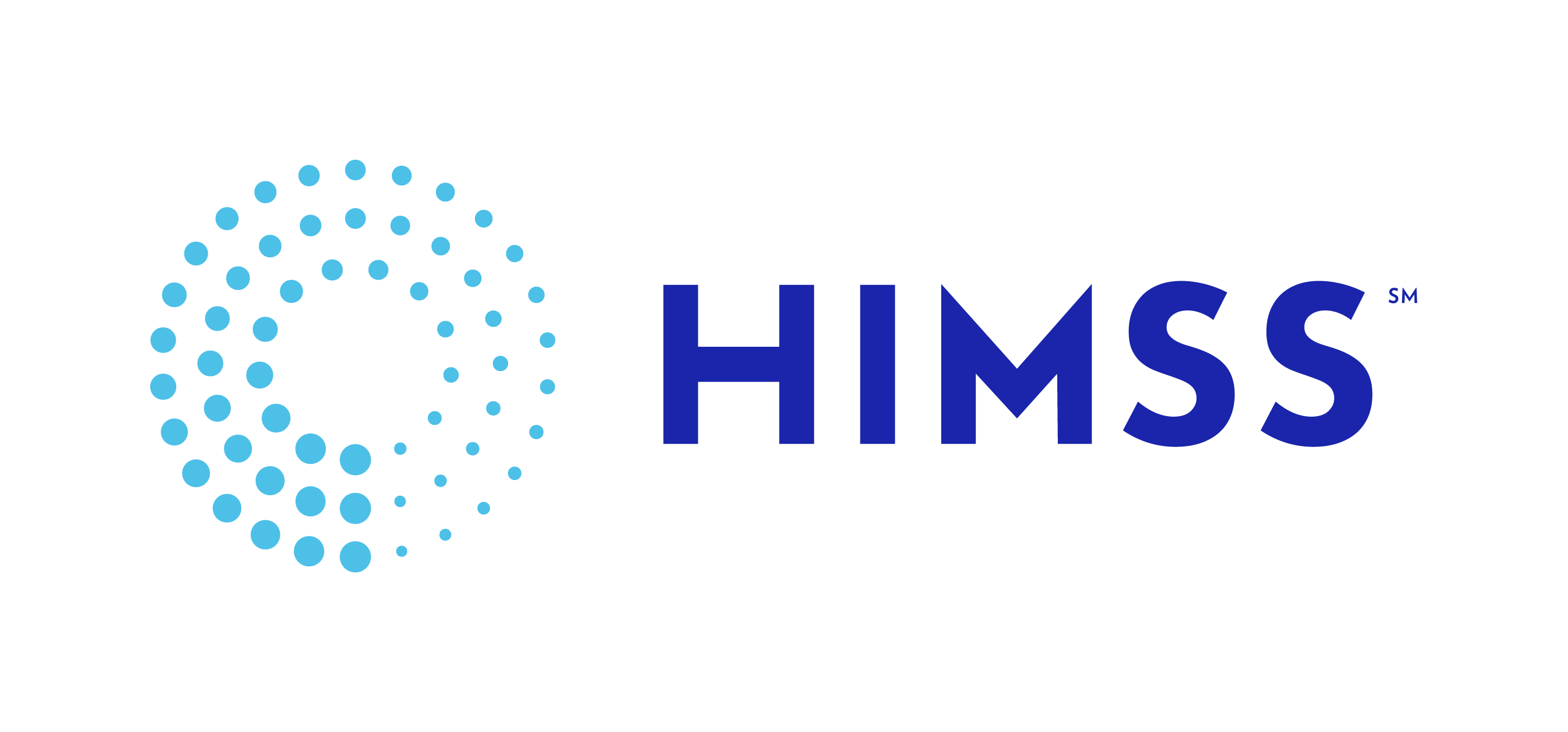Spring 2016Dell's Use of Innovative Analytics at HIMSS16
by Teddy Shah
Innovative use of data and analytics was a major focus for Dell at HIMSS16
 Dell’s presence at the HIMSS national conference each year is a major focus for the thought leaders and educational staff at Dell. This year, Dell’s CEO, Michael Dell, was the keynote speaker, and he focused his remarks on the transformational change that is coming to healthcare and the capabilities that will be needed. With value-based reimbursement, two factors are clear: data, and the people and systems that manage it, will be key to success, and the ability of healthcare leaders to change their thinking about the business will determine the way that healthcare uses that data.
Dell’s presence at the HIMSS national conference each year is a major focus for the thought leaders and educational staff at Dell. This year, Dell’s CEO, Michael Dell, was the keynote speaker, and he focused his remarks on the transformational change that is coming to healthcare and the capabilities that will be needed. With value-based reimbursement, two factors are clear: data, and the people and systems that manage it, will be key to success, and the ability of healthcare leaders to change their thinking about the business will determine the way that healthcare uses that data.
If healthcare organizations are to be successful, they will need to fundamentally change their operational goals. Instead of maximizing use of the hospital, they will need to focus on maximizing the effectiveness of the resources used.
Michael Dell talked about how Baystate Health and Dell partnered on predictive analytics to take an in-depth look at mid-to high-risk patient populations to provide a comprehensive analysis of the patient population risk. Baystate Health will use the data to predictively target patients for more effective care management, and better understand the best clinical models and processes for today and the future based on the population and patient needs.
Two other examples of effective use data and analytics were offered in the educational sessions at HIMSS16. The University of Iowa and Intermountain Healthcare, working in partnership with Dell, achieved remarkable results by integrating data from multiple sources and applying predictive and prescriptive analytics to that data. The University of Iowa team, led by John Cromwell, MD, reduced surgical site infections for abdominal surgery patients by 74% over a three-year period. The Intermountain Team was able to accurately predict census levels in a pediatric hospital, allowing them to effectively schedule staff to prevent understaffing and minimize use of overtime and temporary staff.

These are the kinds of data usage that will help healthcare organizations survive and thrive under value-based reimbursement. Even under a fee-for-service model, these projects offer significant competitive advantage to hospitals and the physicians and patients who use them.
Dell is also working with a number of innovative healthcare organizations to find the most effective use of analytics. From data integration, to a comprehensive population health management system, to using archived image data to identify disease risk, Dell is working to help healthcare organizations use data effectively to improve health outcomes and lower cost. If you have an innovative idea for using data, and are interested in developing a way to use that idea, Dell can partner with you to create a practical system.
